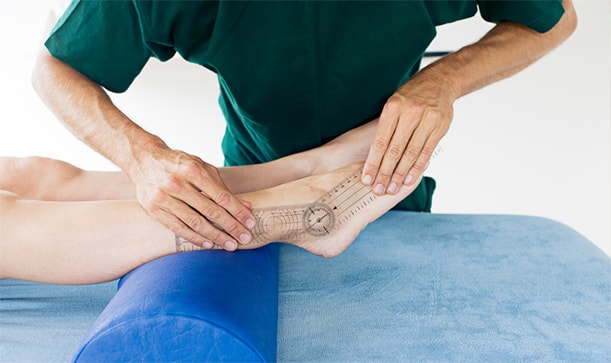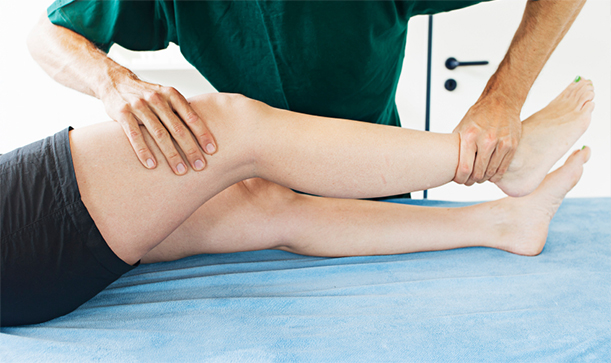CK Physiotherapy
AREAS COVERED
W7, W5, W13, Ealing, West London
57 Elthorne Avenue
Hanwell, W7 2JY
T: 020 8566 4113
M: 079 572 46185
E: info@ckphysio.co.uk
Location / Parking
We are situated in Hanwell, between Boston Manor Road and Northfields Avenue, south of the Uxbridge Road.57 Elthorne Avenue
Hanwell, W7 2JY
There are parking restrictions Mon - Fri 9-10am and 2-3pm. If you need a permit during this time please inform your therapist when you arrive. There are no parking restrictions at other times.
Opening Times
Please phone the number above during working hours to make an appointment. Our reception service will be happy to book your session.
London Underground / Bus Services
London Underground
10 min. walk from Boston Manor Tube Station.
15 min. walk from Northfields Tube Station.
Bus Service
E8, E3, E2, 207, 607, 83
Request Call Back
Our Blog
CK Physio in London Shares Advice on Treatments for Incontinence
By: BryanKelly (Psst, View author in Google Plus) Date: Aug 20th, 2015This is never a comfortable subject to talk about over drinks or coffee, but incontinence happens to almost millions of people in the U.K. Imagine having uncontrollable urges to visit the loo, or worse, find yourself in a pool of urine after coughing or sneezing. If you find yourself being in these unfortunate circumstances, there’s a lot you must understand about this condition with the advice from CK Physio in London.

An estimated 20 percent of 40-year-olds, both men and women, suffer from urinary or bowel incontinence. Though a lot are suffering from incontinence, very little is known about this issue. Fortunately, medical experts can help clear up the myths and mysteries behind this condition, along with the best ways to treat it.
What is Incontinence, Really?
Incontinence occurs amongst men and women with weak pelvic floor muscles. The body’s pelvic floor is composed of muscles that keeps the organs in your urinary system in place and helps control your bladder and bowel movement. Like most muscles, however, your pelvic floor muscles tend to lose tone and strength due to lack of exercise. This, in turn, causes symptoms of incontinence.
There are three types of incontinence that can afflict anyone, the most common amongst them being Stress Incontinence. This happens when weak pelvic floor muscles result in leakages when you cough, sneeze, or exercise. Urge Incontinence, meanwhile, is characterised as the sudden and uncontrollable urge to visit the toilet numerous times. The combination of both these symptoms is known as Mixed Incontinence, and is often caused by pregnancy or being overweight.
How Does it Affect People?
Women are more likely to suffer from urinary incontinence. Though most people believe that it happens to older people, incontinence can affect everyone, regardless of age. This can have an effect on how you socialise with other people: you may opt to avoid attending social events, exercise classes, or even a night out with your friends because of your worry with leaks.
Where to Seek Help?
Fortunately, incontinence pads aren’t the only solution for your leak woes. Consider undergoing physiotherapy, especially if your incontinence is due to a weak pelvic floor. Physiotherapy aims to strengthen the muscles in your pelvic floor, thus helping you get better control over your bladder and bowel movement. In fact, pelvic floor muscle training offered by physiotherapy is found to be cheaper and more effective than incontinent drugs.
Aside from visits to centres offering physio in London like CK Physio, there are simple ways you can do to make these treatments work. Begin by regularly exercising your pelvic floor muscles to make them stronger. Adapting a healthy diet and drinking plenty of water also helps your bladder and bowels work properly.
Sources:
What is incontinence? Doctor's advice on treatment, products and THOSE pads, Express
Incontinence, Chartered Society of Physiotherapy





